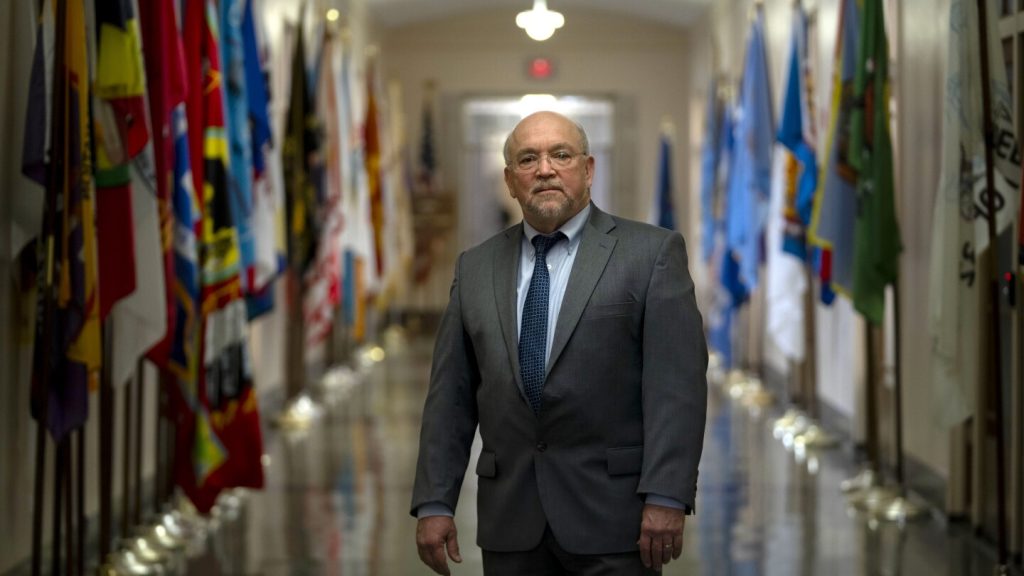The Justice Department’s Office of Tribal Justice has made significant strides in building relationships with Native American tribes over the past 25 years. Under the leadership of Tracy Toulou, who recently retired, the office has become an important institution within the department. Recognizing the challenges faced by Native communities, Toulou worked to expand the power of tribal justice systems, including advocating for the ability to prosecute non-Natives in certain cases. Despite these advancements, tribal police and courts still face numerous challenges such as underfunding and conflicting jurisdictional issues. Leaders at the Senate Indian Affairs Committee highlighted the urgent need for support in addressing these issues.
Native American communities have historically faced systemic injustices at the hands of the federal government, including forced assimilation, land removal, and violence. Toulou emphasized the unique responsibility the U.S. has to support tribal nations based on treaties and other agreements. In recent years, efforts have been made to address the crisis of missing and murdered Indigenous people, with Toulou playing a key role in creating federal strategies to respond to these issues. Legislative initiatives such as the Not Invisible Act and Savanna’s Act aim to improve communication and coordination in cases involving Native individuals.
One of the challenges faced by tribal communities is the lack of communication between federal law enforcement and victims’ families. Toulou pushed for improved collaboration in these cases and advocated for more Native representation within the Justice Department. Legislation such as the Tribal Law and Order Act of 2010 has been instrumental in enhancing tribal policing powers and improving the reporting of Native crime data. Tribal leaders have become more adept at navigating the federal bureaucracy, with Toulou’s influence being recognized as critical in educating federal lawyers on Native culture and sovereignty.
As Toulou begins his retirement in Montana, there are hopes for continued progress in strengthening relationships between the federal government and tribal nations. The work of the Office of Tribal Justice has had a lasting impact on tribal communities and will be felt for generations to come. Moving forward, there is a focus on promoting Native representation within the Justice Department, improving communication in cases involving missing and murdered Indigenous people, and enhancing the powers of tribal justice systems to better serve their communities. Attorney General Merrick Garland acknowledged Toulou’s legacy and the significant contributions made to advancing tribal rights and justice.


